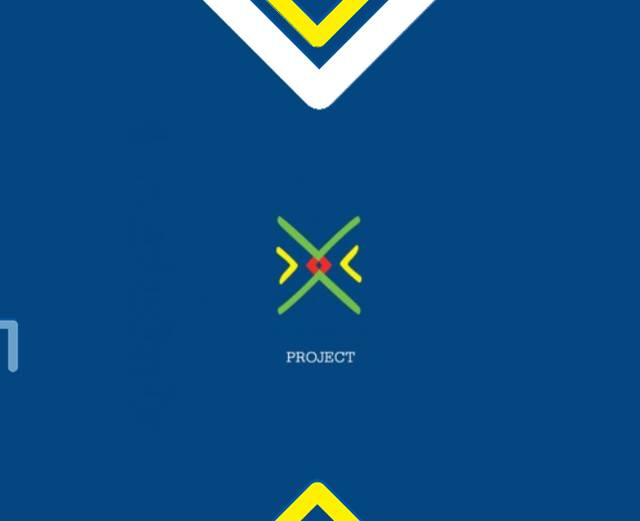
Our Projects are
Transforming African Trade
Quick Contacts
2nd Floor, Fidelity Insurance Centre Waiyaki Way, Westlands
TradeMark Africa (TMA) commissioned MarketShare Associates (MSA) to conduct a formative evaluation of the Tanzania Country Programme (TCP). TMA has been working with the Tanzanian government since mid-2010. The programme consists of a portfolio of 22 projects worth USD $93 million from 2010 to June 2017
TMA has been working with the Tanzanian government since mid-2010. The programme consists of a portfolio of 22 projects worth USD $93 million from 2010 to June 2017. The projects cut across the three strategic objectives. Under Strategic Objective One (SO1), increasing capacity and efficiency of the Dar Port forms a large part of the portfolio. This is through the institutional strengthening of Tanzania Ports Authority (TPA), improving operational efficiency at Dar es Salaam Port, improvement in spatial efficiency of the port, and the Dar Port Channel improvement. Other projects under Strategic Objective One (SO1) include the development of One-stop border posts (OSBPs) and the development of One-stop Inspection Stations (OSIS). The programme also aims to improve Trade Standards and reduction of Non-Tariff Barriers (NTBs) under Strategic Objective Two (SO2) as well as assisting the Ministry of East African Cooperation (MEAC) in following up on the country’s commitments for regional integration. The programme further works with the private sector associations, women associations and government and non-government agencies to enhance Tanzania trade logistics and the investment climate under Strategic Objective Three (SO3).
The existing standards frameworks in Tanzania, which is overseen by TBS, faces challenges of policy, administrative, regulatory and enforcement nature. These challenges have hampered TBS’s capability to offer quality service to its stakeholders, develop market oriented standards, and foster the uptake and adoption of standards by the business community.


Traders in the East African Community (EAC) currently spend numerous days visiting multiple government agencies in various locations to obtain regulatory information permits, trade licenses and clearance certificates to complete import and export processes. This results in huge costs and time loss for the traders.

